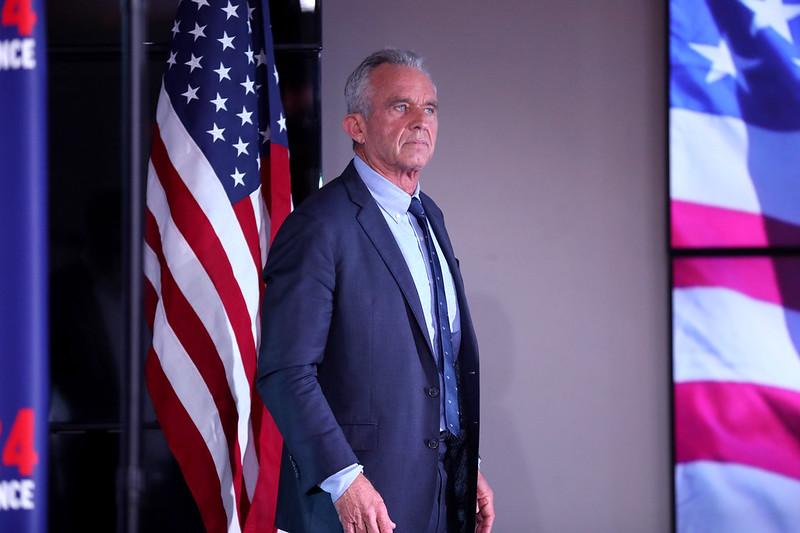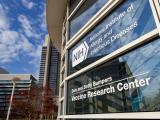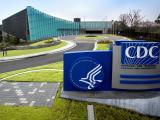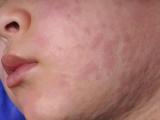Department of Health and Human Services (HHS) Secretary Robert F. Kennedy Jr. returned to Capitol Hill today to defend the job cuts and restructuring he's overseen at federal health agencies since his confirmation and the Trump administration's proposed 2026 budget cuts.
In back-to-back hearings before the House Appropriations Committee and the Senate Health, Education, Labor and Pensions (HELP) Committee, Kennedy argued that HHS had been overtaken by bureaucracy, redundancy, and radical ideology and is in need of streamlining. He repeated the mantra that HHS will pursue "gold-standard" science to achieve his goal of addressing Americans' chronic health issues.
"We intend to do a lot more with less," Kennedy said in his opening statement before the House Appropriations Committee. "We must spend smarter. We will shift funding away from bureaucracy toward direct impact."
Since taking charge of the department in February, Kennedy has overseen massive changes with the assistance of the Department of Government Efficiency (DOGE). The number of full-time employees at HHS has been cut from 82,000 to 62,000 through a combination of terminations, buyouts, and early retirements, and the agency is in the process of cutting its 28 divisions down to 15. Several top officials at the National Institutes of Health (NIH) and the Food and Drug Administration (FDA) have been forced out or taken early retirement. HHS has said the cuts are designed to make the organization more efficient and more responsive to Americans' needs.
President Trump's proposed 2026 budget request would further cut the agency's discretionary budget by 26%. The NIH would lose $18 billion, while the Centers for Disease Control and Prevention (CDC) would lose nearly $3.6 billion. Both agencies would have several divisions eliminated.
Republicans on both committees were generally supportive of the changes overseen by Kennedy and DOGE and the proposed budget cuts.
"It's clear the status quo does not work," said HELP Committee chair Sen. Bill Cassidy (R-LA). "Bureaucratic bloat and regulatory hurdles at the Department of Health and Human Services have made it harder to deliver services. HHS needs to work better for the American people."
"We share your goal of making America healthy again," said Rep. Robert Aderholt (R-AL).
But Democrats were more critical. And they repeatedly pressed Kennedy on the cuts that have already been made at the department, which they argued involve funding that's already been appropriated by Congress.
We intend to do a lot more with less...We will shift funding away from bureaucracy toward direct impact.
"The evidence suggests that you are cutting billions of dollars in funding right now," said Rep. Rosa DeLauro (D-CT), citing the Trump administration's termination of $2.7 billion in previously approved NIH research grants. "You do not have the authority to do what you're doing."
DeLauro also argued that Kennedy does not have the power to restructure or eliminate agencies with HHS. "That is in the jurisdiction of the United States Congress," she said.
Kennedy rejected some reports of cuts at HHS sub-agencies, repeatedly saying that no working scientists had been fired and noting that many divisions are being moved to the newly formed Administration for a Healthy America. But while he defended his reorganization of HHS and some of the current and proposed budget cuts as necessary given the size of the nation's deficit, he also, on multiple occasions, acknowledged that the proposed budget cuts will have an impact.
"I think the cuts that are now proposed by NIH are going to hurt," Kennedy said. "There's no agency head in the government that wants to see their budget cut."
Questions about measles, vaccines
Kennedy was also pressed by Democrats at both hearings on the US measles outbreak, which currently stands at 1,001 cases, and various statements he'd made about the measles, mumps, and rubella (MMR) vaccine. Although the country is currently on pace to have more measles cases than it has had in more than two decades, Kennedy sought to downplay the outbreak.
"We are doing a better job at CDC today than any other nation at controlling this measles outbreak," Kennedy told Rep. DeLauro, arguing that Europe, Mexico, and Canada are all seeing bigger outbreaks than the United States.
When asked by Sen. Maggie Hassan (D-NH) whether he would tell parents that the MMR vaccine was the best way to prevent the spread of measles, Kennedy said he would. But in a back-and-forth with Sen. Chris Murphy (D-CT) over several statements that he has made about the MMR vaccine since becoming secretary—including that the vaccine wanes very quickly, has never been fully tested for safety, and contains fetal debris—Kennedy maintained those statements were correct and that there are safety issues with vaccines that have never truly been investigated.
"I'm going to tell the truth about everything we know and don't know about vaccines," he said. "I'm not going to just tell people that everything is safe and effective if I know that there are issues."
Kennedy would later claim, in addressing a question about the MMR vaccine from Sen. Roger Marshall (R-KS), that the only vaccine that has been tested in a placebo-controlled trial was the COVID vaccine.
"The other 76 shots that children in this country receive between birth and 18 years old, none of them have been safety tested in pre-licensing studies against a placebo, which means we don't understand the risk profile for those products, and that's something that I intend to remedy," he said.
Later in the hearing, Sen. Cassidy, a physician who played a crucial role in confirming Kennedy despite his concerns about his positions on vaccines, noted for the record that Kennedy's claim was not true.
"The rotavirus, measles, and HPV vaccines have all been [tested against placebo], and some vaccines have been tested against previous versions," Cassidy said.




















